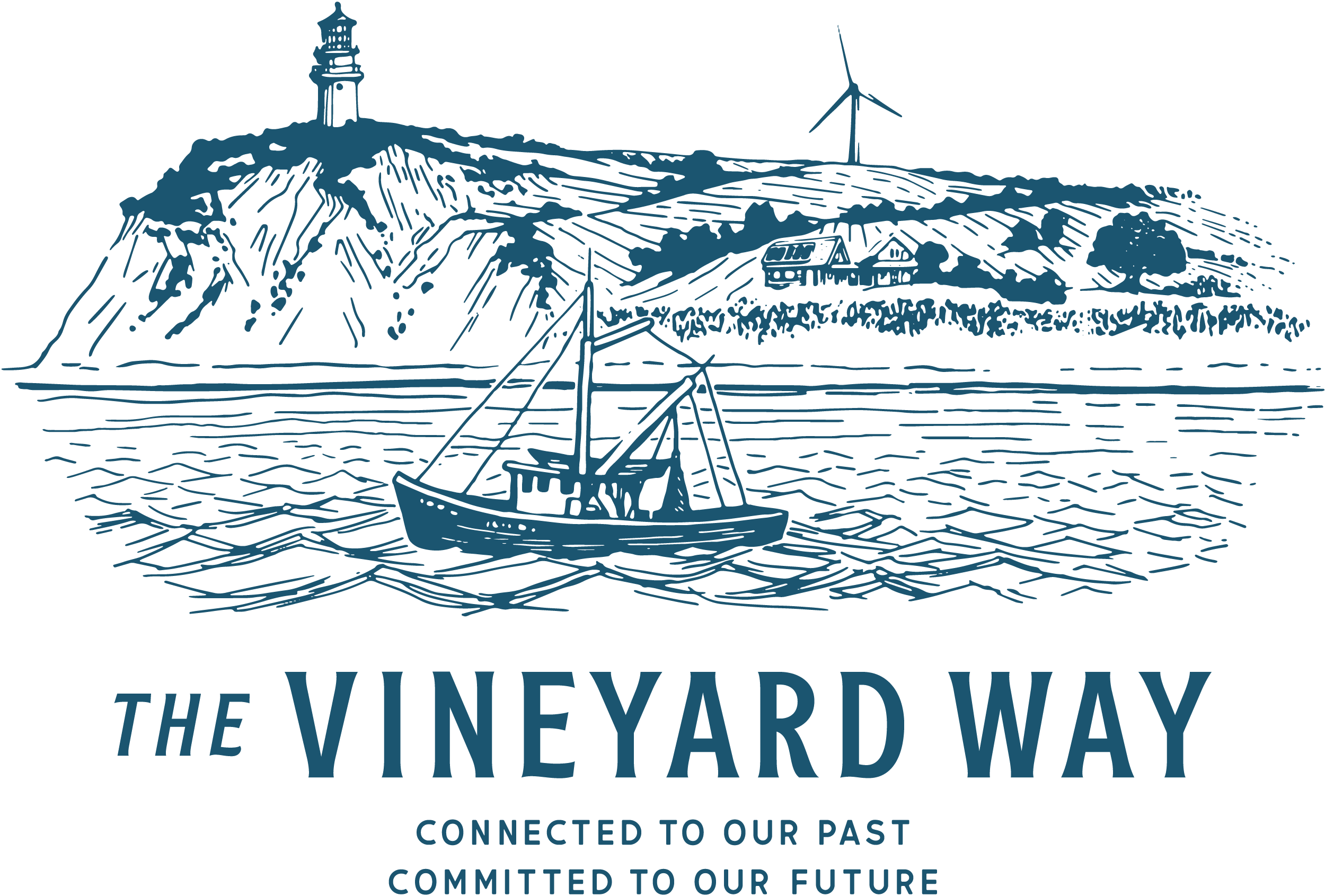Hurricane Season Has Begun—Are You Ready?
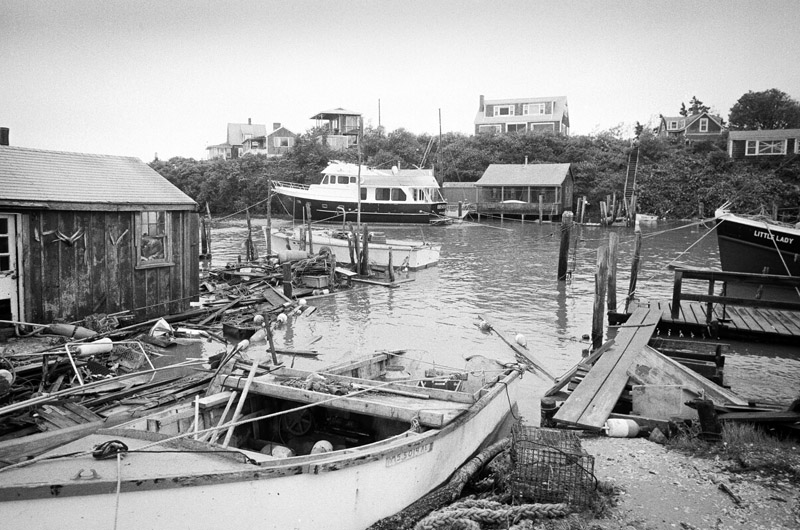
As of June 1, hurricane season is officially underway, and NOAA is predicting an above-normal 2025 Atlantic hurricane season. Hurricanes and tropical storms can bring more than just strong winds—they can also cause storm surges, erosion, and widespread flooding, even far from the coast. Here on Martha’s Vineyard, we haven’t experienced a major hurricane since […]
Wampanoag Voices: Enriching the Climate Conversation
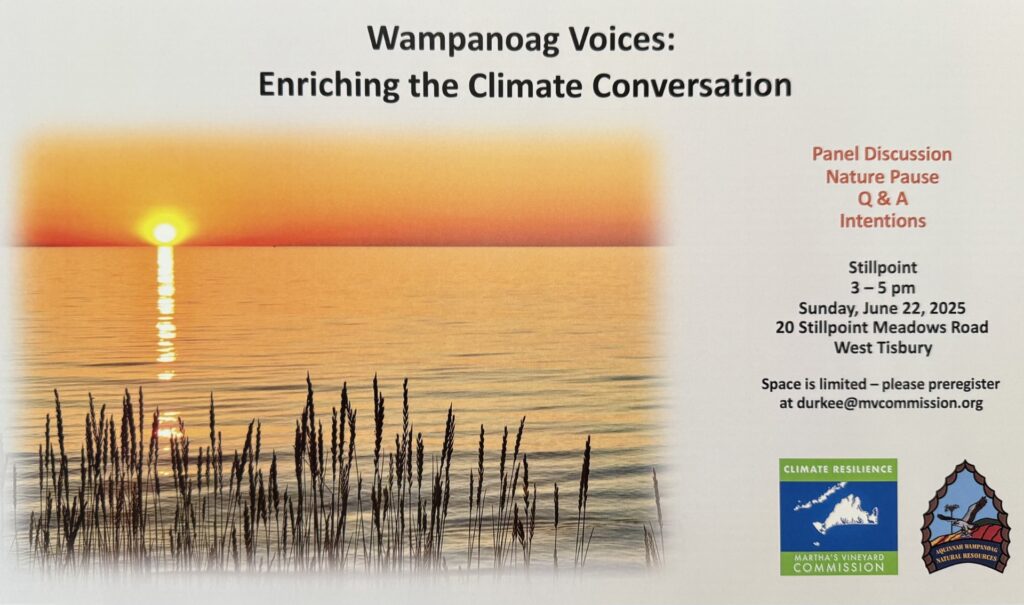
On Sunday, June 22, 2025, the Martha’s Vineyard Commission and the Natural Resources Department of the Wampanoag Tribe of Gay Head (Aquinnah) invite you to a powerful and personal event: Wampanoag Voices: Enriching the Climate Conversation. From 3–5 PM at Stillpoint in West Tisbury, this gathering offers a chance to reflect deeply on the climate […]
Morning Glory Farm: Growing Food Equity and Community Connection
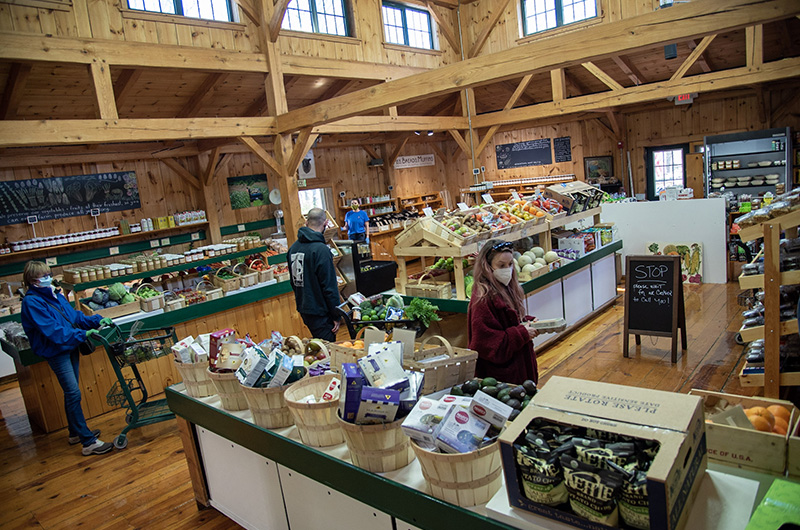
Meg Athearn and the Morning Glory Farm team are making powerful strides toward food equity and inclusive access to healthy, local produce. Thanks to new partnerships and initiatives, the West Tisbury Farmers Market has joined Morning Glory in accepting SNAP/HIP (Healthy Incentives Program) payments. Last year, Morning Glory had their biggest use of WIC/ELDER coupons […]
Island Grown Initiative: Building a Resilient Food System from the Ground Up
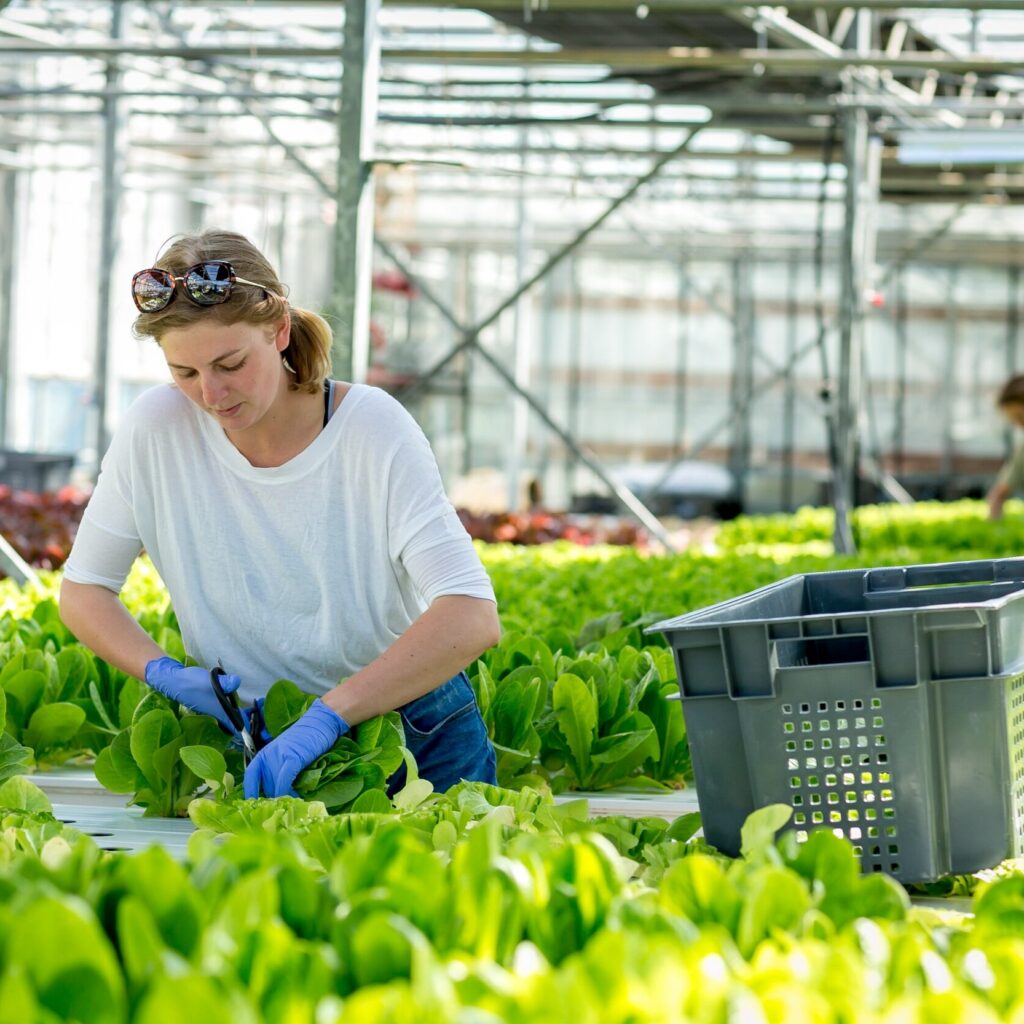
Island Grown Initiative (IGI), under the leadership of Co-Executive Director Noli Taylor, is making bold strides in strengthening Martha’s Vineyard’s local food system while advancing climate resilience. From promoting regional produce through partners like Myers Produce in schools and hospitals, to launching a new food pantry in October, IGI is working to make healthy, local food […]
Planting Seeds for a Climate-Resilient Future on Martha’s Vineyard

The Martha’s Vineyard Agricultural Society, led by Executive Director Lauren Lynch, is taking meaningful steps to support climate-friendly farming across the island. Over the past year, they’ve developed a set of recommended practices and created a dedicated fund to help local farms implement them. By engaging directly with over 14 island farms, they’ve gathered valuable […]
Vineyard Power: Championing Energy Efficiency and Renewable Energy on the Island

Vineyard Power continues to lead the charge in energy efficiency initiatives locally, supporting Cape Light Compact’s implementation of Mass Save programs and driving significant increases in home energy assessments on-island. Their success, attributed to outreach through local hubs like libraries and senior centers, has helped increase assessments from 500 per year since 2018 to nearly 900 in 2024. The organization also offers no-cost coaching services, assisting […]
Cape Light Compact’s Push for Energy Efficiency and Climate Resilience
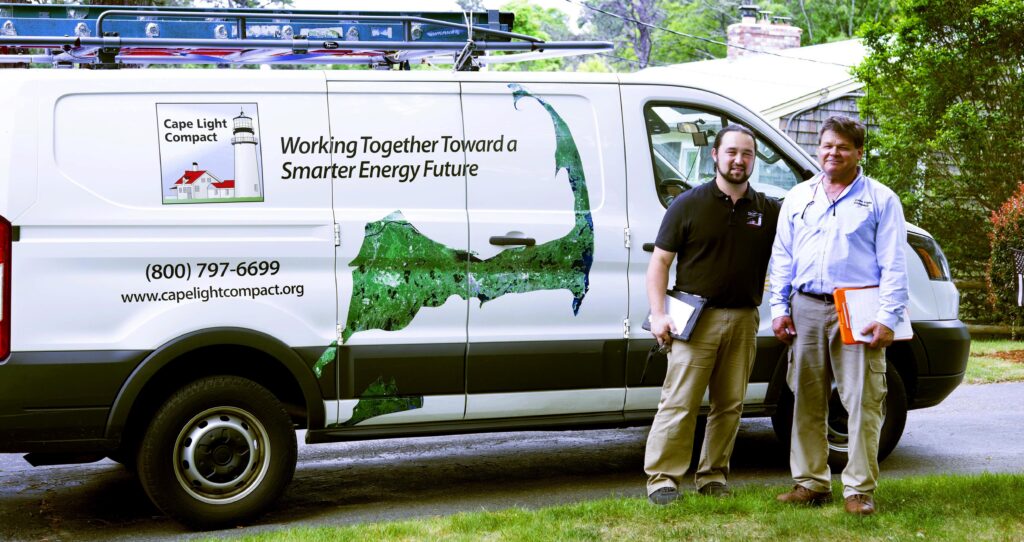
Cape Light Compact (CLC), a municipal aggregator serving Cape Cod and Martha’s Vineyard, focuses on energy efficiency and renewable energy. It offers a range of programs, including energy assessments and incentives for residential and business energy upgrades, helping to improve energy efficiency and reduce costs. Cape Light Compact remains focused on finalizing its 2022-2024 energy […]
Building Green Careers: ACE MV’s Exciting New Chapter

As Martha’s Vineyard continues its shift towards clean energy, ACE MV is leading the charge with new opportunities in green jobs. Last year, under Executive Director Alex Bullen Coutts, ACE MV secured an Equity Planning and Capacity Grant, marking a huge milestone in training the island’s future workforce in fields like HVAC, solar energy, and […]
Growing a Food Forest at the Charter School
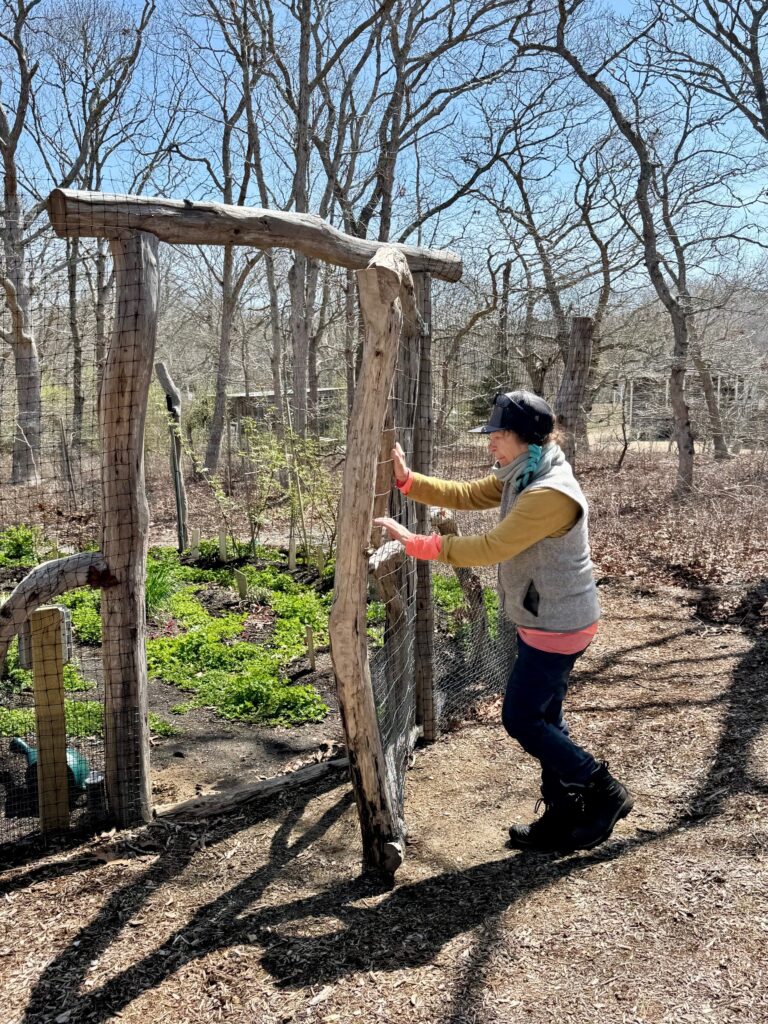
Tucked behind the Martha’s Vineyard Public Charter School is a quiet revolution in how we cultivate food: a growing food forest, which Oak Leaf Landscape designer Roxanne Kapitan calls the “garden of the future, a curated museum of plants that are grown in a climate-friendly way.” Unlike traditional gardens, this space is a multi-layered, self-sustaining […]
Spring Pop-Ups with Plant Local MV!

Spring is the perfect time to get your hands in the soil and the Plant Local Martha’s Vineyard initiative is here to help you do just that, with a series of spring pop-ups happening across the Island in May. This collaborative effort, led by The Vineyard Way, BiodiversityWorks, Polly Hill Arboretum, Vineyard Conservation Society, and […]
